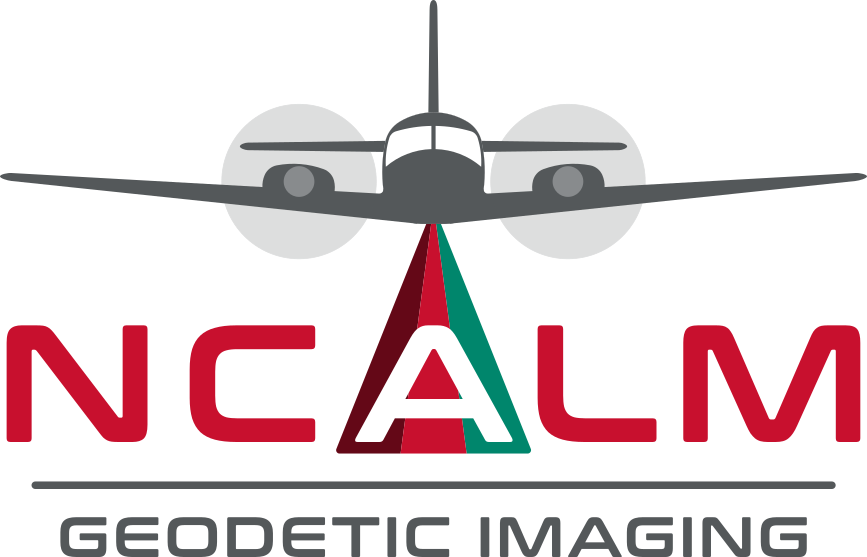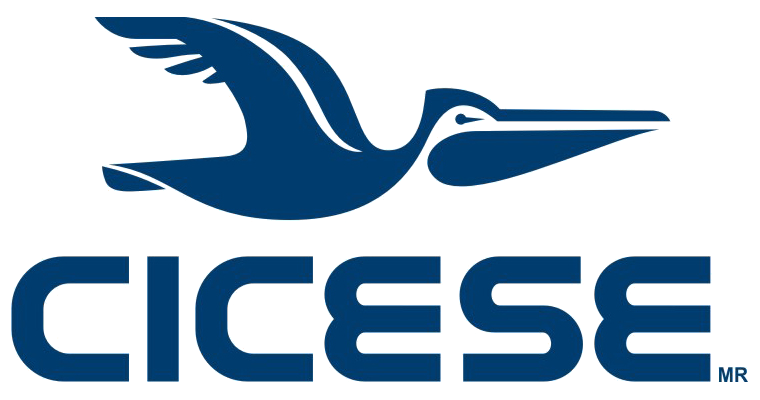Salsipuedes-Punta Morro, Baja California, Mexico 2014
Welcome Guest ( Sign In )
DOI: https://doi.org/10.5069/G9FQ9TSV
OT Collection ID: OT.082020.26911.1
OT Collection Name: Salsipuedes-Punta Morro, Baja California, Mexico 2014
Short Name: MX14_Hinojosa
Collection Platform: Airborne Lidar
OT Collection ID: OT.082020.26911.1
OT Collection Name: Salsipuedes-Punta Morro, Baja California, Mexico 2014
Short Name: MX14_Hinojosa
Collection Platform: Airborne Lidar
Download and Access Products:
| Point Cloud Data | Bulk Download | opentopoID: OTLAS.082020.26911.1 | |
| Raster Data | Bulk Download | opentopoID: OTSDEM.082020.26911.1 |
Collection Overview:


 This airborne LiDAR dataset collected by NCALM, covers two sites. Site one is a coastal strip (4.5 x 0.4 km) of Salsipuedes Bay, in Baja California, Mexico. It is centered on km 93 of the Ensenada-Tijuana Scenic Highway 1D traversing sea cliffs with steep slopes, cutting exhumed marine sediments of the Rosario formation that are capped in part by the basaltic Rosarito Beach formation. On the night of December 27, 2013, a 220m long segment of the highway, at km 93, started to slide down towards the ocean. The movement continued for several hours until it stabilized the following day after, having displaced a volume close to 300 x 103 m3 of sandstone 35m down and 25m towards the Pacific Ocean. It took almost a year to repair this massive landslide and reestablish traffic through the main gateway to the Baja California Peninsula. This dataset was collected 186 days after the landslide when reconstruction was already taking place. Site two is Punta Morro, where Ensenada's science cluster is located, hosting CICESE, UNAM and UABC campuses.
This airborne LiDAR dataset collected by NCALM, covers two sites. Site one is a coastal strip (4.5 x 0.4 km) of Salsipuedes Bay, in Baja California, Mexico. It is centered on km 93 of the Ensenada-Tijuana Scenic Highway 1D traversing sea cliffs with steep slopes, cutting exhumed marine sediments of the Rosario formation that are capped in part by the basaltic Rosarito Beach formation. On the night of December 27, 2013, a 220m long segment of the highway, at km 93, started to slide down towards the ocean. The movement continued for several hours until it stabilized the following day after, having displaced a volume close to 300 x 103 m3 of sandstone 35m down and 25m towards the Pacific Ocean. It took almost a year to repair this massive landslide and reestablish traffic through the main gateway to the Baja California Peninsula. This dataset was collected 186 days after the landslide when reconstruction was already taking place. Site two is Punta Morro, where Ensenada's science cluster is located, hosting CICESE, UNAM and UABC campuses.
Dataset Acknowledgement: Funding for this project provided by CONACYT grant 133042. Lidar data acquisition and processing completed by the National Center for Airborne Laser Mapping (NCALM). Red Geodesica del Noroeste de Mexico (REGNOM) provided GPS data from base stations to aid in processing the Lidar data. To pilot Butch Miller for special maneuvers avoiding persistent clouds and Darren Hauser technical’s support
Dataset Citation: Hinojosa-Corona, A., Fernandez-Diaz, J.C. (2014). Salsipuedes Bay, northern Baja California, Mexico airborne lidar. National Center for Airborne Laser Mapping (NCALM), distributed by OpenTopography. https://doi.org/10.5069/G9FQ9TSV. Accessed 2026-02-25 Copied to Clipboard
Use License: CC BY 4.0
Dataset Keywords: Salsipuedes Bay, CICESE, Punta Morro, Baja California, lidar
Survey Date: 07/02/2014 - 07/03/2014
Publication Date: 08/31/2020


 This airborne LiDAR dataset collected by NCALM, covers two sites. Site one is a coastal strip (4.5 x 0.4 km) of Salsipuedes Bay, in Baja California, Mexico. It is centered on km 93 of the Ensenada-Tijuana Scenic Highway 1D traversing sea cliffs with steep slopes, cutting exhumed marine sediments of the Rosario formation that are capped in part by the basaltic Rosarito Beach formation. On the night of December 27, 2013, a 220m long segment of the highway, at km 93, started to slide down towards the ocean. The movement continued for several hours until it stabilized the following day after, having displaced a volume close to 300 x 103 m3 of sandstone 35m down and 25m towards the Pacific Ocean. It took almost a year to repair this massive landslide and reestablish traffic through the main gateway to the Baja California Peninsula. This dataset was collected 186 days after the landslide when reconstruction was already taking place. Site two is Punta Morro, where Ensenada's science cluster is located, hosting CICESE, UNAM and UABC campuses.
This airborne LiDAR dataset collected by NCALM, covers two sites. Site one is a coastal strip (4.5 x 0.4 km) of Salsipuedes Bay, in Baja California, Mexico. It is centered on km 93 of the Ensenada-Tijuana Scenic Highway 1D traversing sea cliffs with steep slopes, cutting exhumed marine sediments of the Rosario formation that are capped in part by the basaltic Rosarito Beach formation. On the night of December 27, 2013, a 220m long segment of the highway, at km 93, started to slide down towards the ocean. The movement continued for several hours until it stabilized the following day after, having displaced a volume close to 300 x 103 m3 of sandstone 35m down and 25m towards the Pacific Ocean. It took almost a year to repair this massive landslide and reestablish traffic through the main gateway to the Baja California Peninsula. This dataset was collected 186 days after the landslide when reconstruction was already taking place. Site two is Punta Morro, where Ensenada's science cluster is located, hosting CICESE, UNAM and UABC campuses.
Publications associated with this dataset can be found at NCALM's Data Tracking Center
Dataset Acknowledgement: Funding for this project provided by CONACYT grant 133042. Lidar data acquisition and processing completed by the National Center for Airborne Laser Mapping (NCALM). Red Geodesica del Noroeste de Mexico (REGNOM) provided GPS data from base stations to aid in processing the Lidar data. To pilot Butch Miller for special maneuvers avoiding persistent clouds and Darren Hauser technical’s support
Dataset Citation: Hinojosa-Corona, A., Fernandez-Diaz, J.C. (2014). Salsipuedes Bay, northern Baja California, Mexico airborne lidar. National Center for Airborne Laser Mapping (NCALM), distributed by OpenTopography. https://doi.org/10.5069/G9FQ9TSV. Accessed 2026-02-25 Copied to Clipboard
Use License: CC BY 4.0
Dataset Keywords: Salsipuedes Bay, CICESE, Punta Morro, Baja California, lidar
Survey Date: 07/02/2014 - 07/03/2014
Publication Date: 08/31/2020
Data Provider and Roles:
Funder Partner Collector
Funder Partner Collector
Total Number of Points:
31,550,810 pts
Area: 5.6 km2
Point Density: 5.63 pts/m2
Classifications:
Raster Resolution: 1.0 meter
Coordinate System:
Horizontal: NAD83 / UTM Zone 11N Meters [EPSG: 26911]
Vertical: Ellipsoid
Units: meter
Survey Report: Reports
LAS Validation Data Report: Reports
Area: 5.6 km2
Point Density: 5.63 pts/m2
Classifications:
| Class 1 - Unclassified | 5,493,202 |
| Class 2 - Ground | 22,465,814 |
| Class 3 - Low Vegetation | 1,382,507 |
| Class 4 - Medium Vegetation | 730,209 |
| Class 5 - High Vegetation | 92,618 |
| Class 6 - Building | 1,384,279 |
| Class 18 - High Noise | 1,392 |
| Class 21 - Reserved | 789 |
Raster Resolution: 1.0 meter
Coordinate System:
Horizontal: NAD83 / UTM Zone 11N Meters [EPSG: 26911]
Vertical: Ellipsoid
Units: meter
Survey Report: Reports
LAS Validation Data Report: Reports
Tile Index in Shapefile Format:
Download
Dataset Boundary in GeoJSON Format:
Point Cloud: MX14_Hinojosa.geojson
Raster: MX14_Hinojosa.geojson
Dataset Extent (Bounding Box): North: 31.9613229012089° South: 31.8604182211773° East: -116.651229091475° West: -116.76046904064°
Dataset Boundary in GeoJSON Format:
Point Cloud: MX14_Hinojosa.geojson
Raster: MX14_Hinojosa.geojson
Dataset Extent (Bounding Box): North: 31.9613229012089° South: 31.8604182211773° East: -116.651229091475° West: -116.76046904064°
